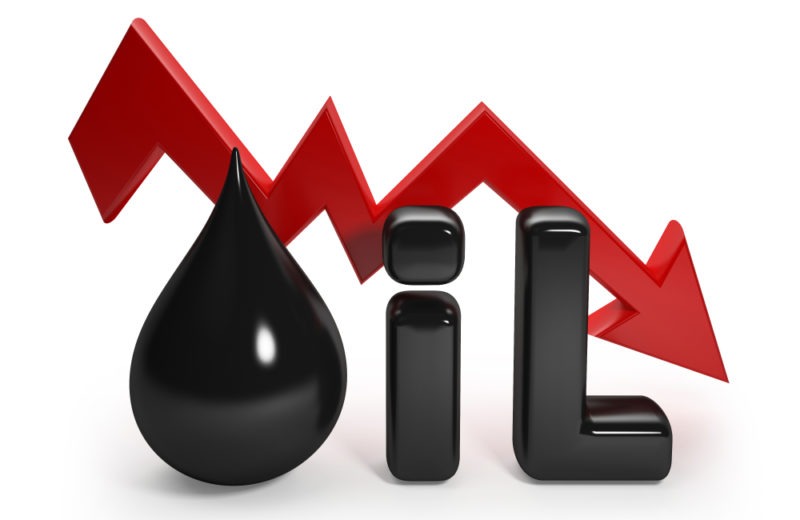Key Points
- Brent oil hit $89.74/barrel, and WTI reached $85.16/barrel due to Middle East tensions.
- Despite this week’s gains, oil prices are set for a weekly loss, influenced by US economic policies and Fed rate strategies.
Oil prices experienced a significant spike in Asian trade last Friday, driven by escalating geopolitical tensions across the Middle East. Brent oil futures for June climbed nearly 3%, reaching $89.74 per barrel. Meanwhile, West Texas Intermediate crude for May also surged by 3%, hitting $85.16 per barrel. Although these sharp gains were evident, both contracts were still set for a weekly decline. This highlights the complex interaction between geopolitical events and market dynamics.
Rising Tensions: Threats Across the Middle East
Tension escalated in the Middle East with reported explosions in Isfahan, Iran, southern Syria, and parts of Iraq. Iran’s stern warning against attacks on its nuclear facilities coincided with alleged retaliatory actions by Israel. The Iranian government’s threats to develop nuclear weapons, if targeted, could further destabilize the region. ABC News reported US officials believe Israel retaliated against Iran, potentially targeting its nuclear capabilities, heightening the stakes significantly.
The Impact of Geopolitical Decisions on Oil Prices
The geopolitical upheaval has had significant ripple effects on the global economy. Robust US economic data and Federal Reserve interest rate warnings have pressured crude oil demand, strengthening the dollar. Traders pricing out the expectations of a June rate cut by the Fed further exacerbate this situation. Additionally, the US decision to resume oil sanctions against Venezuela and impose further sanctions on Iran’s oil industry adds another layer of complexity to the global oil supply dynamics.
Future Risks: Nuclear Developments and Regional Instability
The possibility of Iran moving towards nuclear weapon development in response to external threats could lead to a severe escalation of conflicts in the Middle East. Such developments could have far-reaching implications, not just for regional security but also for the global economy, particularly the oil markets. Oil prices increased this week, but economic factors and ongoing geopolitical tensions still push them toward a weekly loss.
Investor Insights on Oil Prices Amidst High Stakes
Investors and market analysts closely monitor the unfolding events as the potential for further escalation remains high. Experts expect the intertwining of geopolitical instability and economic policy changes, such as the sustained high interest rates, to influence oil market trends profoundly. These higher-for-longer rates may hinder Global economic growth, impacting overall oil demand and investor sentiment across broader markets. As the situation evolves, the oil markets remain a critical economic and geopolitical health indicator.
















